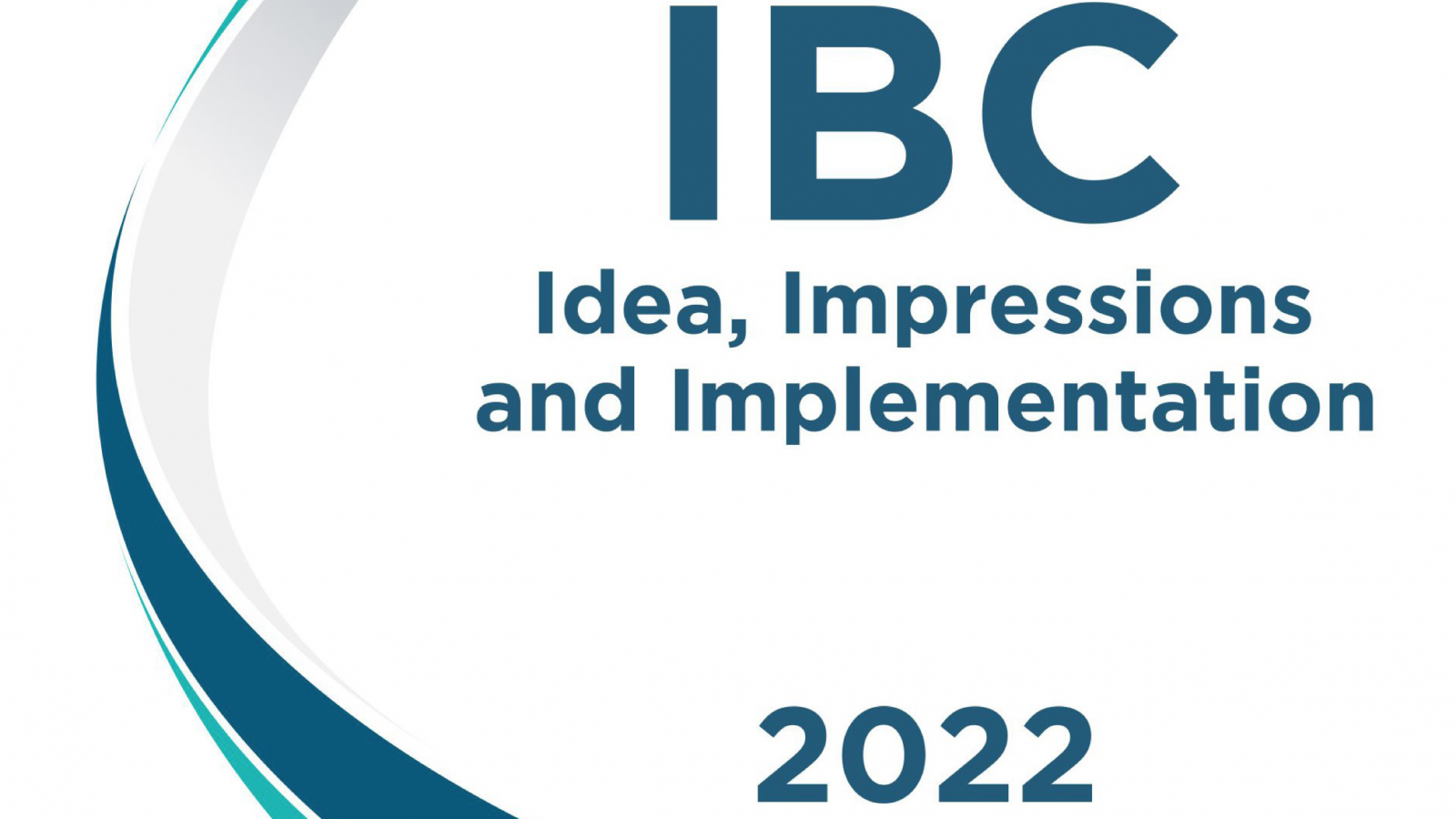
IBC and Foreign Representatives: Gearing Up for the Recognition and Regulation of a New Class of Professionals
Summary: This book chapter examines how foreign representatives and their access to the Indian insolvency ecosystem may be regulated under the proposed cross-border insolvency framework and how this may affect developments in cross-border insolvency law in India.
In 2018, the Report of the Insolvency Law Committee on Cross-Border Insolvency (“ILC Report, 2018”) proposed a draft cross-border insolvency framework (“Part Z”) to be inserted in the Insolvency and Bankruptcy Code, 2016 (“Code”). This was followed by the Report of the Cross Border Insolvency Rules/Regulations Committee. Collectively, these reports have proposed a framework for access, recognition, relief, cooperation and coordination in cross-border insolvency proceedings.
As India prepares to adopt the proposed framework in the near future, as Part Z or otherwise, the insolvency ecosystem will broaden to include a new class of professionals – ‘foreign representatives’. Upon its enactment, the proposed framework will rely heavily on foreign representatives for its operationalisation. Foreign representatives will be responsible for approaching National Company Law Tribunals, seeking recognition and appropriate reliefs for foreign insolvency proceedings, and requesting cooperation. Given the diversity in treatment and roles of foreign representatives across jurisdictions and India’s relatively limited experience with foreign professionals in other Indian statutes, the introduction of foreign representatives may throw up implementational challenges.
This book chapter, in IBBI’s Annual Publication for 2022: ‘IBC: Idea, Impressions and Implementation’ released at its Sixth Annual Day, examines the manner in which foreign representatives and their access to the Indian insolvency ecosystem may be regulated under the proposed framework by anticipating some implementational challenges. It also studies the manner in which the treatment of foreign representatives, given their pivotal functions, may affect the development of cross-border insolvency law in India.




